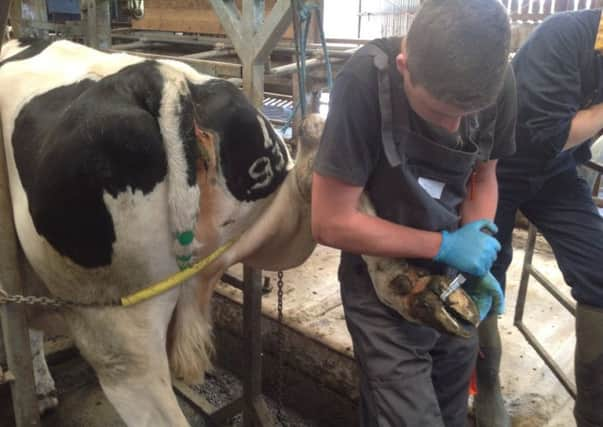More support needed for '˜Generation Y' farmers
This article contains affiliate links. We may earn a small commission on items purchased through this article, but that does not affect our editorial judgement.


The report, produced for Royal Bank of Scotland, reveals that not only is the number of youngsters entering the industry falling, but those already in the sector are struggling to grow and diversify their farms.
Drawn up by an independent economic analyst, the report calls for a more joined-up approach to the prevailing framework and calls on governments, the farming sector and financial institutions to take steps to ensure that this economic potential doesn’t remain untapped.
Advertisement
Hide AdAdvertisement
Hide AdThe report is based on a study of more than 500 young and potential new entrant farmers in Britain – and while it highlights the usual barriers facing the industry’s Generation Y, it also claims they hold a “huge economic potential” and are driving significant enterprise trends in the sector.
It says almost 20,000 new diversification projects could be delivered by the industry’s young entrepreneurs, generating £11,900 in additional income per farm.
Ian Burrow, head of agriculture at Royal Bank of Scotland, said: “Banks, government, families, and communities need to come together to ensure today’s young farmers receive the support they deserve.”
He said that the lender would ensure that its free business accelerator network would be available to farming and rural businesses and that it would improve access to entrepreneurial communities through remote and virtual hubs.
